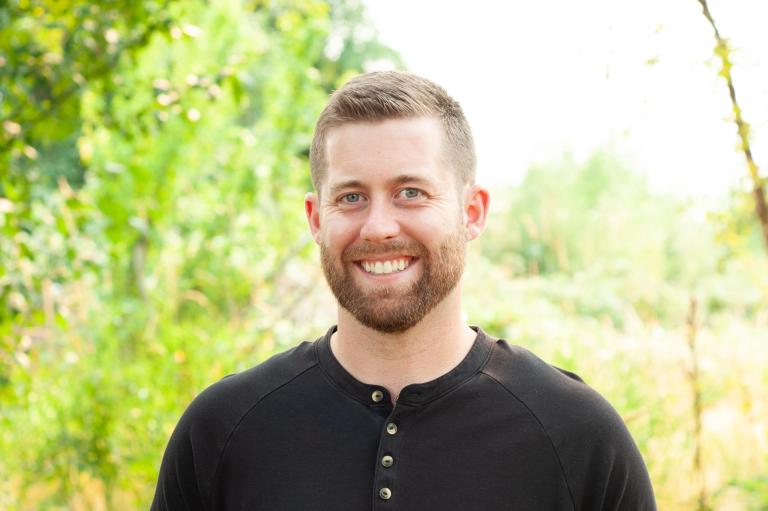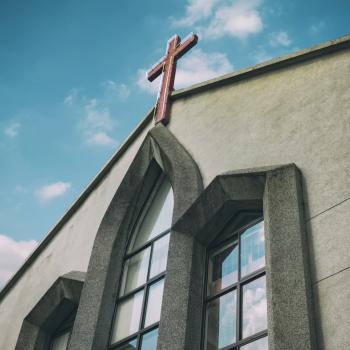
Growing up, social justice was always front and center in my faith community. When I talk to my ex-evangelical friends, I now realize how unique this was. In comparison to their stories of guilt and sin-based shaming, progressive Christianity seems to take a different angle on societal change.
For progressive Christians, one of the core ways we’re taught to engage societal change is through the political realm – this seems like a foundational element of what it means to be “progressive.” Social justice isn’t just about charity and personal choices; it’s about challenging systems of oppression and harm, which usually means getting politically educated and involved. And in recent years, this has got me wondering: when we take on the label “progressive Christian,” are we saying we’re politically progressive or spiritually progressive?
In my experience, having spent time in different progressive churches and witnessing the various theologies, hymns, and prayers, the answer is pretty clear: being a progressive Christian largely means we’re politically progressive and have (some form of) Christian faith.
(A note: theology varies wildly between progressive churches. In my experience, there lacks a cohesion in what progressive spirituality even is in practice. Many progressive theologians have laid out their theological visions, but few local churches seem to be breaking far from the default/traditional ways of doing things – just look at the hymns/songs most progressive churches are singing. I believe this makes it difficult for general lay-people to articulate what progressive Christianity means spiritually, separate from political leanings.)
A Question of Identity
Somewhere in my teenage years, I began to feel a sense of confusion around my faith identity and its connection with the political world. I noticed that Sunday morning services often felt more political than spiritual: sermons about the American Empire, phrases like “left-wing Jesus,” and, amongst the congregation, an unspoken assumption of how one might vote.
Don’t get me wrong – I believe the political is spiritual and that Christians have a moral duty to be engaged in working for justice. These are topics and ideas that should be engaged in a religious space. But often, it doesn’t feel as much like Christian engagement, rooted in spiritual experience, as it does “typical liberal engagement” with some religiosity on it: Democrats using God-language.
I’ve shared this story before, but I believe it truly highlights this confusion for me:
During the aftermath of the 2019 senate acquittal of President Trump, I had sat down for a church dinner with several progressive Christians. Before long, the conversation turned to politics and we discussed what this meant politically for the upcoming 2020 election and the choice by Senator Mitt Romney to vote against his party in one of the two articles of impeachment.
As we gathered around the table and shared our unqualified analysis, there was one statement that jumped out beyond the rest: “All I know is thank God for Mitt Romney, because now we can call it bipartisan.” The “we,” of course, being the Democratic Party/Democrats.
In this moment, there was a verbal identification with a political party that struck me:
- Are we more Democrats or Christians?
- What is the primary lens through which we see the world?
- What is the primary belief system we carry?
No Resolution Yet
I’m not sure I have a firm resolution around these questions yet, for myself at least.
I’m beginning to recognize that my church upbringing did an amazing job training me to be a good political progressive: to fit into the current political system and to join a local political party when I got old enough. It gave me the tools to see the ways in which our socioeconomic system dehumanizes everyone within it. And it gave me a sense of righteous purpose: that my political beliefs were in alignment with the life of Jesus and the will of God.
And with that, I have lingering questions about what progressive spirituality means and how it could be taken up by the progressive Christian movement at the local, practical level. I have an inkling it will be related to contemplative spirituality and ecospirituality; it will be science-affirming and interspiritual in some capacity.
But what will it look like in practice? And how can it grow beyond the existing churches, being birthed into new expressions of Christian spirituality?













